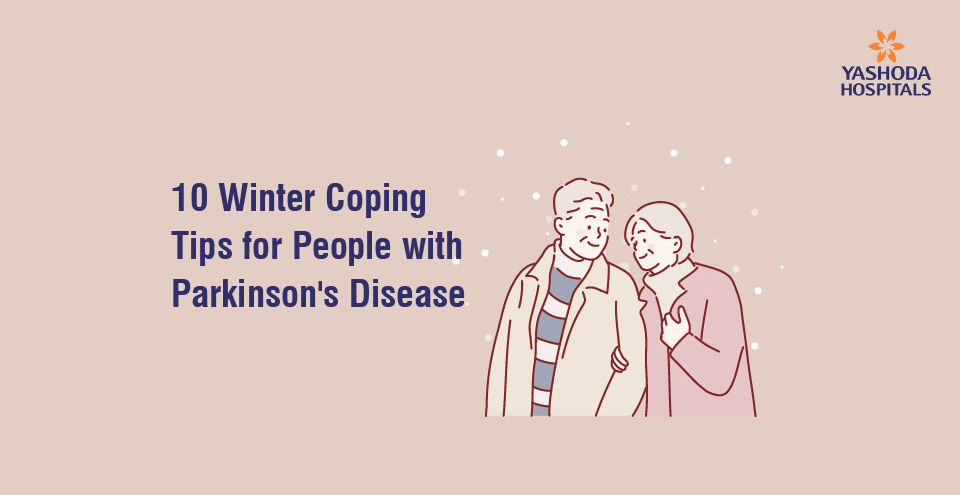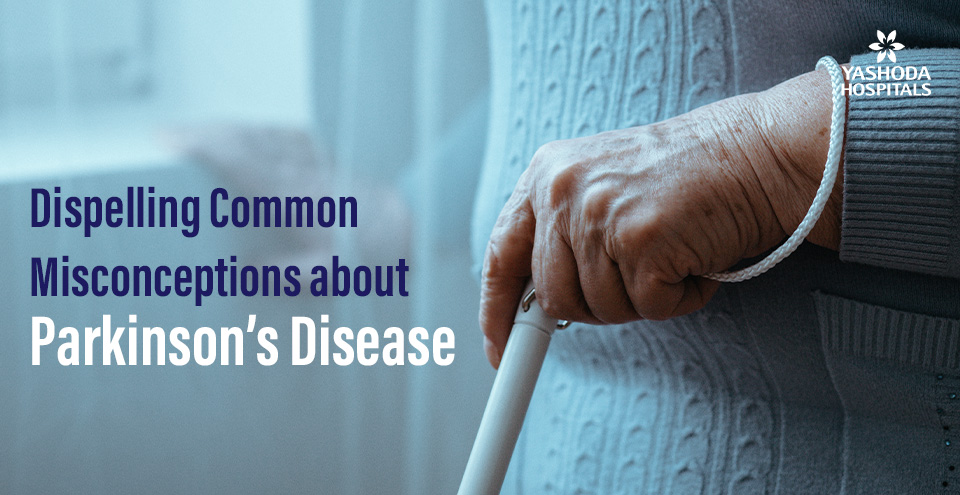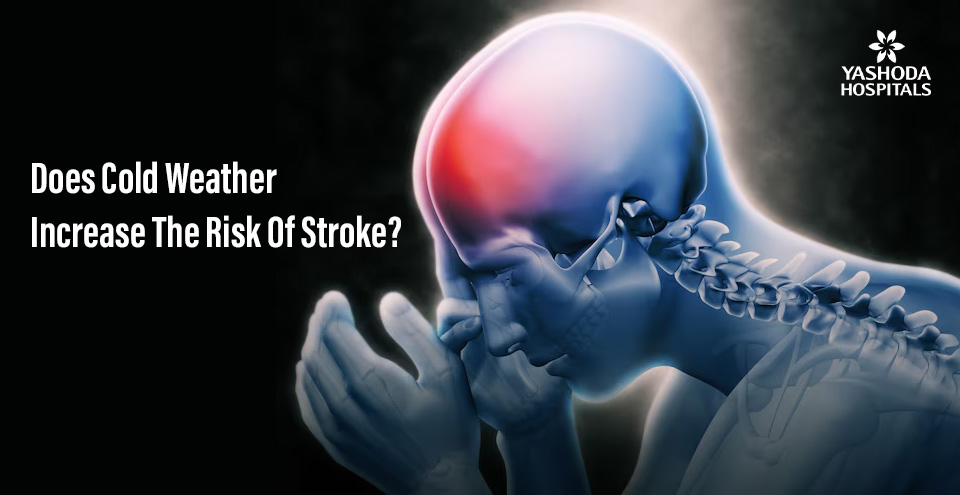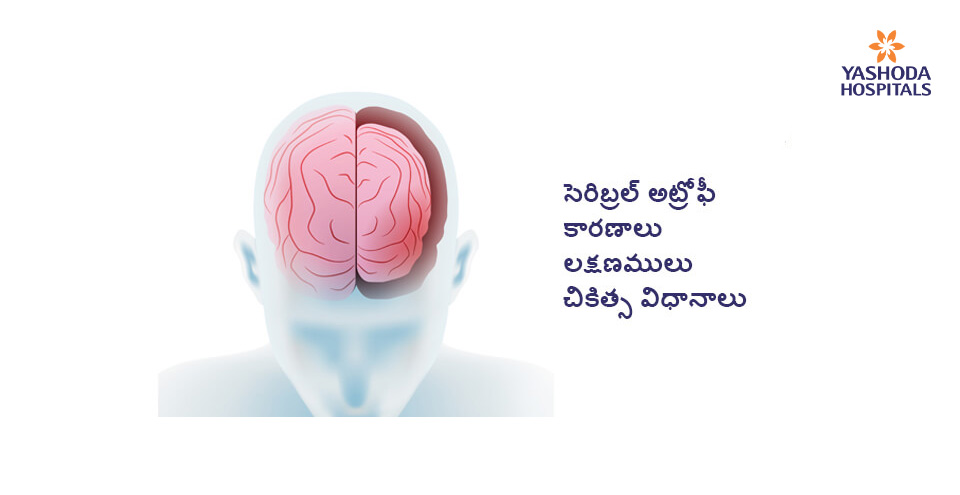10 Winter Coping Tips for People with Parkinson’s Disease

Winter has arrived! Chilled weather with a cool breeze may delight some people, but it is not likely to cheer up people suffering from Parkinson’s disease. For several reasons, the holiday season can be more distressing for those who have this illness. It can be difficult to try to stay cosy in the bleak weather as the symptoms aggravate.
What is Parkinson’s disease?
Parkinson’s disease is a neurological illness associated with ageing that affects the brain and causes unintentional or involuntary movements. It is the second most prevalent age-related brain disease and is believed to affect at least 1% of the elderly worldwide, according to experts.
What are the symptoms of Parkinson’s disease?
Tremors, slowness of movement, bradykinesia (limb stiffness), problems with gait and balance, anxiety, sadness, hallucinations, and other symptoms are all signs of Parkinson’s disease. The only known cause of Parkinson’s disease is genetic, even though there are a number of known risk factors for the condition, such as the use of specific medications, exposure to certain chemicals, and others.
How does a change in temperature affect people with Parkinson’s disease?
One of the problems with Parkinson’s disease is that changes in the ambient temperature can make people suffer. Parkinson’s disease can increase a person’s sensitivity to chilly temperatures while also making it harder to stay warm throughout the winter. The symptoms begin to gradually worsen. Tremors begin to occur more frequently, stiffness or rigidity can worsen, it becomes difficult to maintain balance, and gait issues can aggravate. People with Parkinson’s disease can become more uncomfortable with even a slight change in temperature.

Did you know that older adults with Parkinson’s disease are more susceptible to flu-related illnesses?
10 tips that can help people with Parkinson’s disease during the winter
The holiday season can be filled with joy or anxiety, depending on whether one chooses to travel or stay warm at home. To keep the winter holidays and the entire season as healthy as possible, people with Parkinson’s can take a few precautionary steps.
Listed below are ten tips for staying safe and warm through the bitter winter:
-
- Avoid going outside as much as possible
Going outside in the weather can aggravate Parkinson’s symptoms. So make sure to stock up on pantry items and medication supplies for the season. In an emergency, seek assistance from someone or shop online. - Be careful while travelling
Make sure to have emergency supplies on hand when driving in the winter, such as a blanket, extra gloves, snacks, water, etc. Don’t forget to keep the medicines accessible. - Be with your loved ones
One must avoid being alone because it can result in non-motor symptoms of Parkinson’s disease. Spending frigid winter nights alone might lead to depression and anxiety. A supportive family and close friends can help lift the spirit and atmosphere. - Don’t mess up with the routine
With the holiday season around the corner, people tend to lose the strings when it comes to scheduling their everyday tasks. The management of Parkinson’s disease symptoms is crucial. Therefore, one should avoid skipping daily exercise and remember to take their medications on time. - Add layers
It’s crucial to bundle up during the winter to protect yourself. To combat the lowering temperatures, one must put on an additional layer of clothing. Add multiple layers of clothing instead of one thick cloth, because thick cloth can increase core temperature and worsen Parkinson’s symptoms. Nowadays, many people use electric blankets to combat the bitter cold. - Keep up with the vaccination schedule
Flu (influenza) is a highly contagious respiratory illness that can cause serious complications, including pneumonia and hospitalisation. Getting a flu vaccination is an important way to protect yourself and your loved ones from the flu, especially during the winter months when the flu is most common. Therefore, it is very important to keep up with the vaccination schedule and seek medical care early for the seasonal flu.
- Avoid going outside as much as possible

- 7. Hot beverages can help
In addition to keeping you warm, a cup of tea or hot cocoa can improve your mood and give you a boost of internal energy. There is evidence that tea is safe for Parkinson’s patients. It is well known that caffeine lowers the likelihood of developing Parkinson’s and helps individuals who already have the disease’s symptoms. - 8. Keep a winter emergency kit on standby
Include various emergency lighting options, such as touch lights or battery-powered lanterns, as well as extra batteries. People with gait or balance issues may find it particularly hazardous to navigate a dark home. Make sure you have a reliable contact on speed dial in your phone for emergencies. - 9. Watch out for symptoms of depression
Parkinson’s disease is frequently accompanied by depression, which may be aggravated by the shorter days and cooler temperatures. One should seek medical attention if they spot the symptoms of depression. - 10. Be careful while walking
Parkinson’s patients frequently struggle with their gait and balance, and the winter only makes these symptoms worse. As a result, it’s important to move around with the assistance of a walking stick and wear flat-soled shoes to prevent falls. In the winter, dew drops might cause the floor to become moist, so make sure it’s dry as well.
Dealing with Parkinson’s disease can be quite frustrating. Parkinson’s disease may not yet have a cure, but its symptoms can be effectively managed. If you have Parkinson’s disease, the tips listed above can help you get through the winter. This season will fly by if you are mentally and physically prepared for it. So make sure you are cosy enough and well prepared to manage your symptoms.
References:
- 10 Tips for a Healthy Winter with Parkinson’s Disease
https://www.michaeljfox.org/news/10-tips-healthy-winter-parkinsons-disease - Parkinson’s Disease: Causes, Symptoms and Treatment
https://www.nia.nih.gov/health/parkinsons-disease - What is Parkinson’s
https://www.parkinson.org/understanding-parkinsons/what-is-parkinsons - How to Get Through the Cold of Winter
https://parkinsonsnewstoday.com/columns/parkinsons-disease-how-get-through-cold-winter-tips/
About Author –
Dr. Mohan Krishna Narasimha Kumar Jonnalagadda, Consultant Neurologist, Yashoda Hospitals – Hyderabad
MBBS, MD (Internal Medicine), DM (Neurology)





















 Appointment
Appointment Second Opinion
Second Opinion WhatsApp
WhatsApp Call
Call More
More





